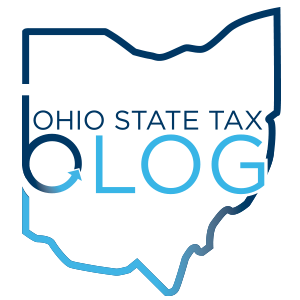Another stab at reversing Quill: Will Congress expand sales tax collection to online retailer?
The House Judiciary Committee recently released draft legislation that would implement a clearinghouse system for sales tax collection by online retailers. The proposed bill, dubbed the Online Sales Simplification Act of 2016, would end the bright-line physical presence standard mandated by the U.S. Supreme Court’s 1992 ruling in Quill Corp. v. North Dakota. The proposed Online Sales Simplification Act would require online retailers who do not collect tax in the consumer’s destination state to collect and pay tax to the origin state, if the origin state participates in the clearinghouse. The origin state’s rules would apply to determine the tax base, but the retailer would collect tax according to the destination state’s rate. The tax collected under the Act would be distributed amongst the states participating in the clearinghouse.
The Online Sales Simplification Act is an alternative to previous bills introduced to address sales tax collection on remote sales – the Marketplace Fairness Act and Retail Transactions Parity Act, both of which would allow states to force remote retailers to collect tax even if lacking an in-state physical presence. The Marketplace Fairness Act was previously passed by the Senate in 2013, but has not caught any traction in the House.
Each of these Acts has its benefits and pitfalls. The Online Sales Simplification Act, for instance, would impose the origin state’s tax on consumers with no connection with the state; in some instances, the consumer may not even have knowledge of what state’s tax he/she is subject to. Additionally, the Online Sales Simplification Act does not provide a small seller exception like the other two proposed bills. On the other hand, however, the Marketplace Fairness Act and Retail Transactions Parity Act would significantly increase the remote retailers’ compliance obligations as they could be required to collect tax, file returns and be subject to audit in 45 states.
We will continue to be interested in whether Congress can craft a system to address sales tax collection on the billions of dollars in online / remote sales, but for the time being, it seems as though each of the options currently proposed has significant hurdles to overcome. Will Congress act before the states bring this nexus issue before the U.S. Supreme Court?
